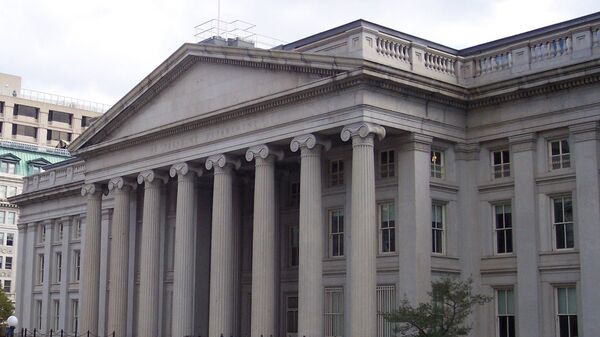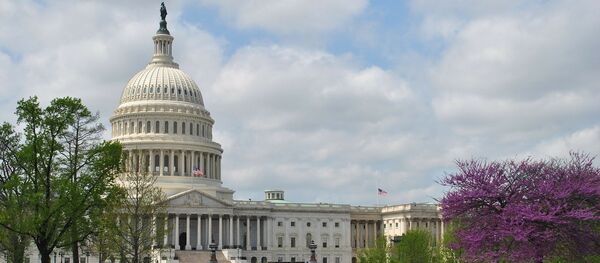BLACK LIST
The release of the US Treasury’s report became the continuation of what happened with Oleg Deripaska in April 2018, when he and the companies he controlled were added to the Specially Designated Nationals List (SDN). The US assets of the people and entities on the list were blocked and any business relations with them forbidden. However, after Deripaska reduced his shareholding stake in En+ to below 44.95 percent and stopped running the company via the board, the US Treasury delisted En+ along with two entities it controls, Rusal and EuroSibEnergo, on January 27.
In March of this year, Deripaska filed a lawsuit against the US Treasury in a federal court in Washington in an attempt to block the sanctions against him. The businessman said that the sanctions had cost him $7.5 billion and that the OFAC was pursuing these measures against him unfairly and unlawfully. The lawsuit listed US Secretary of the Treasury Steven Mnuchin and OFAC head Andrea Gacki among the defendants.
MEMORANDUM
In addition, the memorandum suggested that Deripaska "operates in the energy sector of the Russian Federation economy." According to the authors of the memorandum, Deripaska "should be added to the list of Specially Designated Nationals and Blocked Persons" based on these two allegations.
'PROOF'
The section devoted to outlining the reasons for blacklisting the businessman mentions a The Nation magazine article dated October 1, 2008. The article claimed that Deripaska had told one of his closest associates that he had acquired an aluminum plant in Montenegro "because [Russian President Vladimir] Putin encouraged him to do it." The article further suggested that the reason behind this was that "the Kremlin wanted an area of influence in the Mediterranean."
The author of The Nation article claimed that "by mid-2005 Deripaska had already virtually taken control of Montenegro’s economy by snapping up its aluminum plant, KAP—which accounts for up to 40 percent of the country’s GDP and some 80 percent of its export earnings."
KAP was the largest plant in Montenegro and a leading exporter at one point. Deripaska’s En+ bought a controlling interest in KAP in 2005. Over the years, KAP, unable to buy electricity at a good price, had been deteriorating and accumulating debt. In 2013, Montenegro initiated bankruptcy procedures for the factory, which was estimated to be 350 million euros (or about $392 million) in debt at the time, and introduced outside management.
The authors of the memorandum suggested that Deripaska’s participation in projects of the World Economic Forum proved his operating in Russia’s energy sector. Additionally, "as part of his work on the APEC Business Advisory Council, DERIPASKA focuses on multiple issues including energy efficiency and energy security."
The OFAC also mentioned that the businessman had a diplomatic passport.
"In a declaration filed with the Supreme Court of the State of New York County of New York on June 9, 2016, DERIPASKA stated that, 'I have a diplomatic passport from Russia, and on occasion I have represented the Russian government in countries outside Russia,'" the memorandum read.
The US Treasury also mentioned a October 28, 2008, story in the Financial Times newspaper as evidence to support the claim that Deripaska represented Russian government. Citing the article — specifically the quote of him saying that "I don’t separate myself from the state. I have no other interests" — the memorandum said that the businessman claimed he would give up Rusal if the Russian government asked him to.




